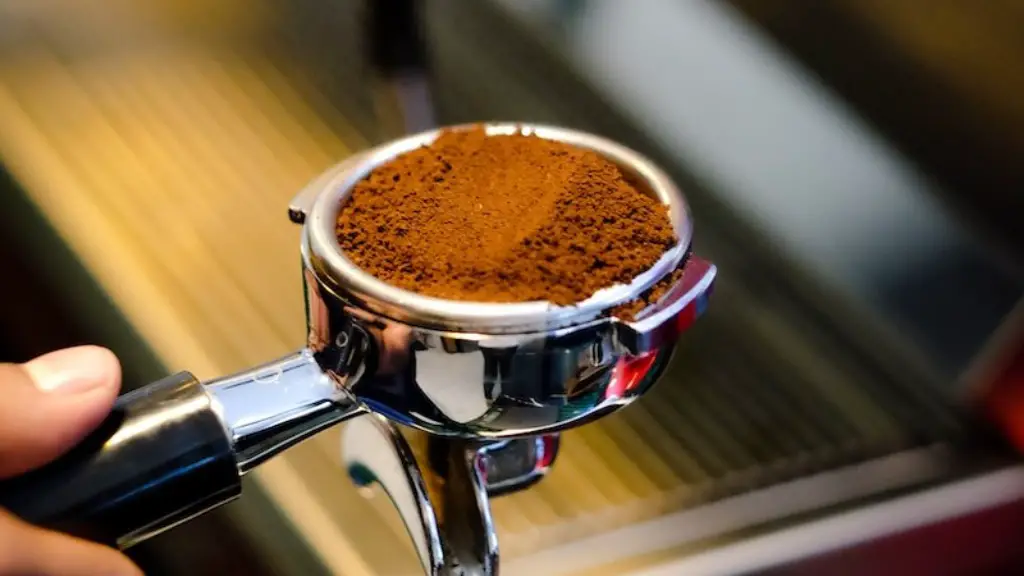Pros
Coffee has long been regarded as beneficial for increasing alertness and productivity. Many students turn to it as a source of energy in the days before an exam, and the occasional cup of coffee has been proven to improve short term focus and mental stamina. The building blocks of coffee, namely caffeine, triggers the release of neurotransmitters in the brain. It is a natural stimulant that is regarded as safe for consumption on a regular basis. The American College of Neuropsychopharmacology has actually conducted several studies and come to the conclusion that caffeine can indeed improve attention, focus, and accuracy.
Additionally, there have been no reports of any adverse side effects on students that have consumed coffee prior to exams. It helps the students with studying and revising; it is a way of boosting the alertness and active focus, such that students can more effectively retain things that are discussed in the lecture. Drinking coffee can contribute to a sense of calm, as well as to improved mental clarity.
Cons
Unfortunately, consuming too much coffee before an exam can have a detrimental effect. Caffeine has a mild appetite suppressant property, which can make it difficult for students to retain the information that they learned. It is estimated that it takes twenty-five minutes for caffeine to reach its peak absorption rate. If one consumes too much coffee, then it could lead to insomnia and restlessness, making it harder for one to effectively retain information.
Drinking too much coffee before an exam can also be detrimental to physical health. Coffee contains caffeine, which is a diuretic, and can cause dehydration if used in excess. It can also cause increased heart rate, nausea, or stomach upset, which can impair one’s ability to focus on the material. It is important to note that the effects of caffeine can vary from individual to individual, and therefore should notbe taken lightly.
Precautions
Thus, it is advisable to consume coffee in moderate amounts, and not more than is necessary to get the desired effect. The desired effect of caffeine is usually reached at a dosage of 100mg per day. It is also advisable to limit consumption of coffee prior to an exam to one cup in the morning and nothing more, since more than that could do more harm than good.
It is also important to remember that coffee should be regarded as an occasional source of stimulation. Its consumption should be limited to those times when there is an exam nearing, or when one needs to focus for an extended period of time. Regular consumption may lead to a dependence on coffee for productivity, which can be difficult to break.
Effects on Memory
A number of studies have been conducted to see if coffee has an effect on memory and recollection. According to recent findings, caffeine does indeed have an impact on short-term memory. However, the effects are mild and are only felt when the memory task is complex.
For example, in a study involving students performing memory tests after consuming coffee, it was found that those who did not drink coffee had a lower score in recall tasks. Moreover, the coffee drinkers had a greater ability to identify pieces of information that were not related to the task. This means that coffee can improve recall performance, and even increase one’s ability to recognize unrelated information.
Effects on Test Performance
It has also been found that drinking coffee prior to an exam can improve performance. A study conducted in 2013 showed that students given 120mg of caffeine before an exam scored higher than those who had not consumed any. This result was attributed to the effects of caffeine on attention and focus.
However, it should be noted that drinking coffee alone may not necessarily improve test scores. The results of the study showed that the improvement in test scores was only noticeable if the students had studied beforehand. If the students had not studied beforehand, then they did not benefit from the caffeine. This suggests that coffee is best used in combination with studying, as it can aid in retaining information.
Psychological Effects
Coffee can also have subtle psychological effects that can help during exams. According to research, coffee drinkers tend to have a greater level of self-confidence than non-coffee drinkers. This increased confidence can manifest itself during an exam. Moreover, the ritual associated with drinking coffee can be psychologically beneficial. Experiencing the ritual of making a cup of coffee can be calming and can create a sense of comfort, which can be beneficial when taking an exam.
Furthermore, coffee has been linked to an improvement in mood. Studies have shown that caffeine can reduce feelings of stress and anxiety, which can be beneficial for an individual who is about to take an exam. This improved mood can aid in relieving some of the pressure associated with exams.
Nighttime Consumption
It is important to remember that coffee, while beneficial in moderation, can have detrimental effects if consumed in large quantities. Consuming coffee late at night can have serious consequences, as it can make it more difficult to get a good night’s sleep. A lack of sleep can have a detrimental effect on one’s ability to concentrate and remember information.
Therefore, it is important to avoid drinking coffee late at night, especially in the days leading up to an exam. If one needs an extra boost of energy late at night, it is best to opt for a natural alternative such as herbal tea.
When to Avoid Coffee Before an Exam
There are certain cases when it is not advisable to drink coffee before an exam. Individuals with certain medical conditions, such as heart problems or high blood pressure, should avoid drinking coffee prior to an exam. Moreover, individuals with caffeine sensitivity should also avoid drinking coffee prior to an exam, as it can cause unpleasant side effects.
In addition, individuals who are taking certain medications should consult their doctor before drinking coffee prior to an exam. Some medications, such as Adderall, can interact with caffeine, causing adverse reactions.
Alternatives to Coffee
There are a number of alternatives to coffee that can provide a similar boost of energy without the adverse side effects. For example, natural herbal teas are a great source of caffeine without the jitters that coffee can cause. Furthermore, some supplements such as choline and omega-3 fatty acids can aid in increasing alertness and focus.
It is important to note that these alternatives should still be ingested in moderation, as excessive consumption can still have adverse effects on one’s health.
Timing
When it comes to consuming coffee before an exam, timing is key. It is best to consume coffee two to three hours prior to the exam, so that the caffeine can reach its peak absorption rate just as the exam begins. Drinking coffee just before the exam can cause restlessness, as the effects can still be felt after the exam is over.
Furthermore, it is important to remember that coffee should not be regarded as a magical cure for a lack of studying. Studying and proper preparation are still the best way to ensure that one performs well in an exam. Coffee should simply be regarded as an occasional source of stimulation, and should not be relied upon.


